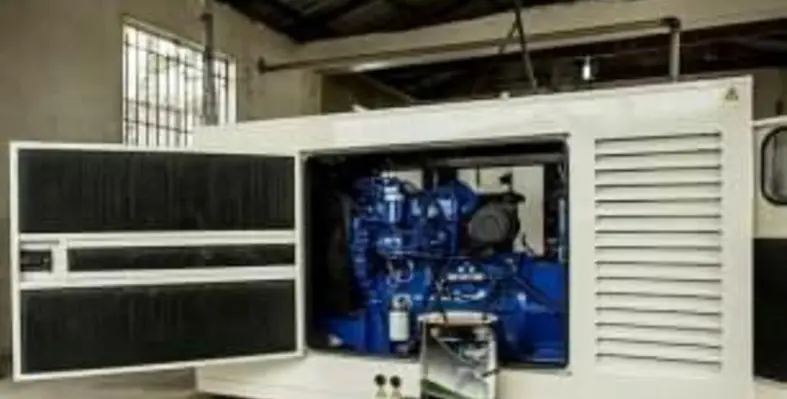Page 1 of 2In 2014, Nigeria imported a total of 28,678 genset units totalling to US$185.5mn, as per data provided by PowerGen Statistics
According to industry sources, telecommunications and infrastructure development, road constructions as well as expansion of industries have led to increase in the use of gensets in the West African country.
Nigeria is facing a major power crisis and this is a direct result of insufficient power generated by the Power Holding Company of Nigeria (PHCN), reports have suggested. The crisis, coupled with high economic growth in the country, is the main factor driving growth in the diesel genset market. High demand for gensets is coming from industries across the board. The Nigerian genset market is, therefore, entering a period of steady growth, according to reports.
“Growth in the Nigerian genset market will be driven by the expansion of the telecommunications sector. Telecommunications are among the fastest growing end user sectors of gensets in the country even as other end users such as manufacturing, commercial, construction and oil and gas sectors register strong growth,” Research and Markets noted.
They are projected to remain as important sources of prime power during the medium and long-terms, despite the major power plant construction projects underway and research on alternative energy sources like renewables.
A key issue is the absence of quality control regulations in the region. This is proving to be the major challenge for original equipment manufacturers (OEMs). The market is flooded with gensets of varying quality and, hence, varying prices as a direct result of the lack of quality control regulations in Nigeria. As the demand for gensets is set to gradually rise in parallel with the country’s economic growth, more equipment suppliers are entering the market.
Meanwhile, import of generator sets in Nigeria is forecast to see growth rates of 8.7 per cent driving up market volume from US$450mn in 2011 to reach US$950.7mn by 2020, global research firm GBI Research indicates. Aman Madhok, energy analyst at GBI Research, said, “Sustained growth is driven by increasing electricity consumption, which has been growing at eight per cent per annum over recent years, and the inability of the Power Holding Company of Nigeria (PHCN) to supply adequate power to meet demand.”
The genset market also continues to grow in East Africa as the current demand for electricity in Kenya, Uganda and Tanzania far outstrips supply, a large market for diesel gensets exists in these countries. Continuing economic and population growth will only increase the demand for power. Thus, companies that can supply effective diesel gensets, which can ensure stable electricity supply, will gain market share.
Despite the discovery of gas in the region, manufacturers and distributors of heavy duty generators are optimistic about their business in the region, where they made more than US$300mn in 2014. However, a new analysis of the industry in Kenya, Uganda and Tanzania calls for changes in the way this sector’s business is done.
“The recent discovery of gas fields in East Africa is generating interest in using gas as an electricity feedstock instead of diesel. Since the running costs of gas generators are lower than diesel generators, market participants stand to be increasingly affected by this development,” research firm Frost & Sullivan indicates.
Additionally, an increasing number of suppliers distributing low-quality, cheap diesel gensets that perform poorly and frequently breakdown have damaged the reputation of providers. Further, the insufficient skills of technicians often leads them select incorrect diesel gensets for given applications. As a result, the equipment does not function properly or fails, breeding mistrust for suppliers.












